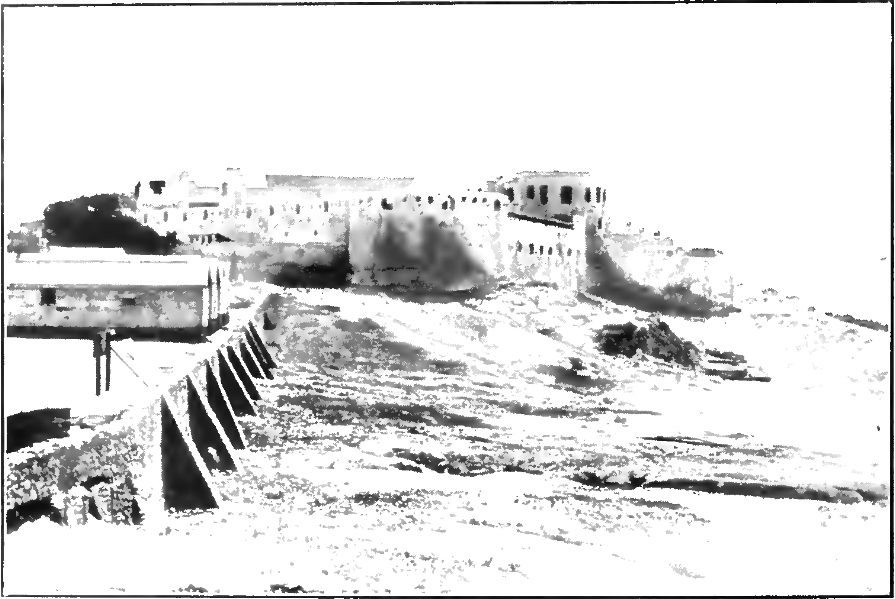A group of Polish Archaeologists working for the Institute of Archaeology and Ethnology in Poznan have managed to uncover the remains of a 70000 year old African settlement in Northern Sudan. This discovery is believed to completely contradict all theories and previous findings about life in Africa. Researchers state that the present belief was that that permanent structures were associated to the Great Exodus out of Africa and the process of occupying much cooler territories in Asia and Europe. No wonder, the entire world is looking at the developments of this excavation project with utmost interest.
The excavation site has been termed as Affad 23. It is currently known to be the only permanent settlement in the entire Nile Valley which shows that homo sapiens had built sizeable permanent structures and successfully adapted to the conditions and temperatures of the wetland environment. The evidence also points to a direction that makes it clear that human development and the process of adaptation to the surrounding environment was much more advanced in Africa during the Middle Palaeolithic era than what was previously believed.
According to Dr. Marta Osypinska, the project director of Affad 23, the discoveries made in the project are unique. She further stated that the team came across certain wooden structures last season as well. However, it was only this year that they managed to pinpoint the exact location of this 70000 year old African settlement and also manage to identify a range of utility areas such as a space for cutting animal carcasses and a large flint workshop. The fact that both these utilities were located at a considerable distance from the settlement also showcases the kind of intellect that the people of the era had.
 New topic
New topic Printable
Printable
 Report post to moderator
Report post to moderator